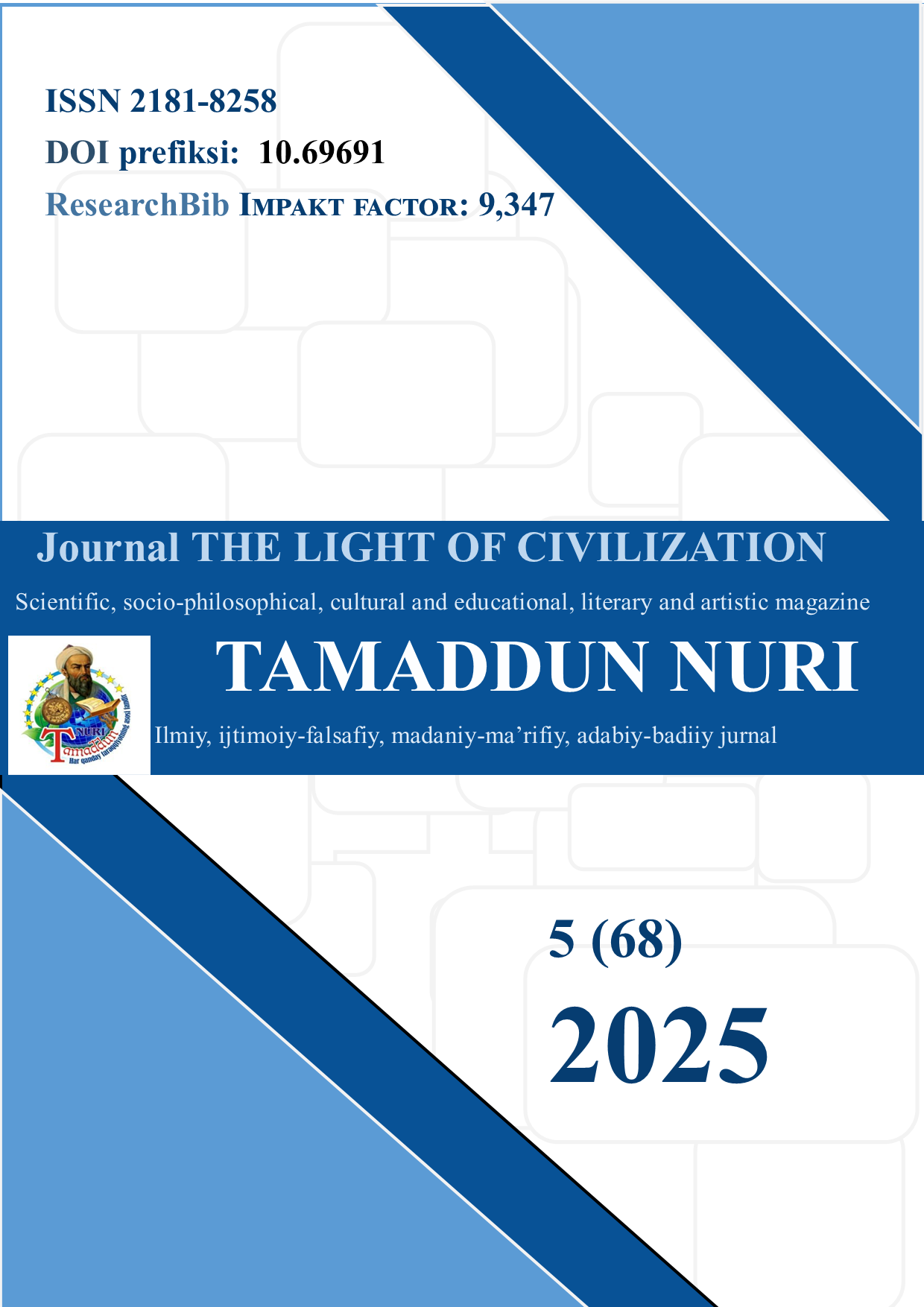THE INFLUENCE OF LEARNING STYLES ON SECOND LANGUAGE ACQUISITION
DOI:
https://doi.org/10.69691/2s085p49Keywords:
Learning styles; second language acquisition, language learning strategies, cognitive approach, individual differences, learner-centered instruction, educational psychology.Abstract
This article delves into the importance of learning styles in the acquisition of a second language (L2), focusing on how individual preferences shape the strategies learners utilize to develop new language skills. Drawing upon cognitive learning theory, it examines various learning style models and their relationship with language learning strategies. The article emphasizes that effective learners adapt their strategies to align with their preferred learning styles, specific tasks, and personal goals.
References
Brown, A. L., Bransford J. D., Ferrara R. A., & Campione J. C. Learning, remembering, and un-derstandding. In J. H. Flavell & E. M. Markman, Handbook of child psychology.1983. – Pp. 77–166.
Keefe J. W. Learning style: An overview. In Student learning styles: Diagnosing and prescribing programs National Association of Secondary School Principals. 1979. – Pp. 1–17.
Loo R. Kolb’s learning styles and learning preferences: Is there a linkage? Educational Psychology. 2004. – Pp. 99–108.
Oxford R. L. Use of language learning strategies: A synthesis of studies with implications for strategy training. 1989. – Pp. 35–247.
Oxford R. L. Language learning strategies: What every teacher should know. Newbury House. 1990.
Downloads
Published
Issue
Section
License
Copyright (c) 2025 Journal of Tamaddun Nuri

This work is licensed under a Creative Commons Attribution-NoDerivatives 4.0 International License.



